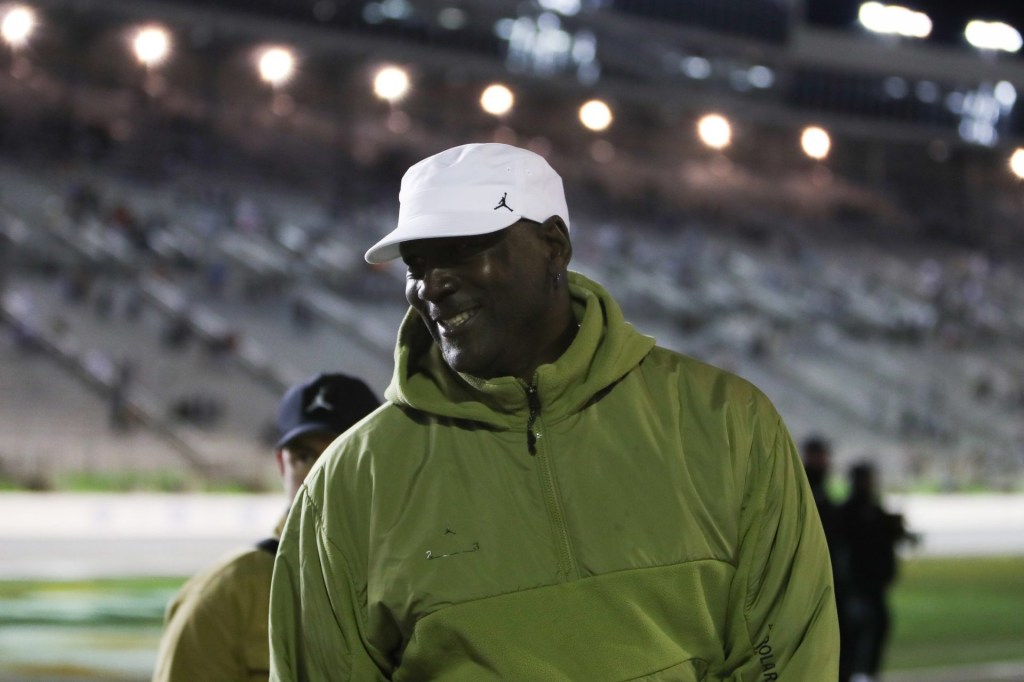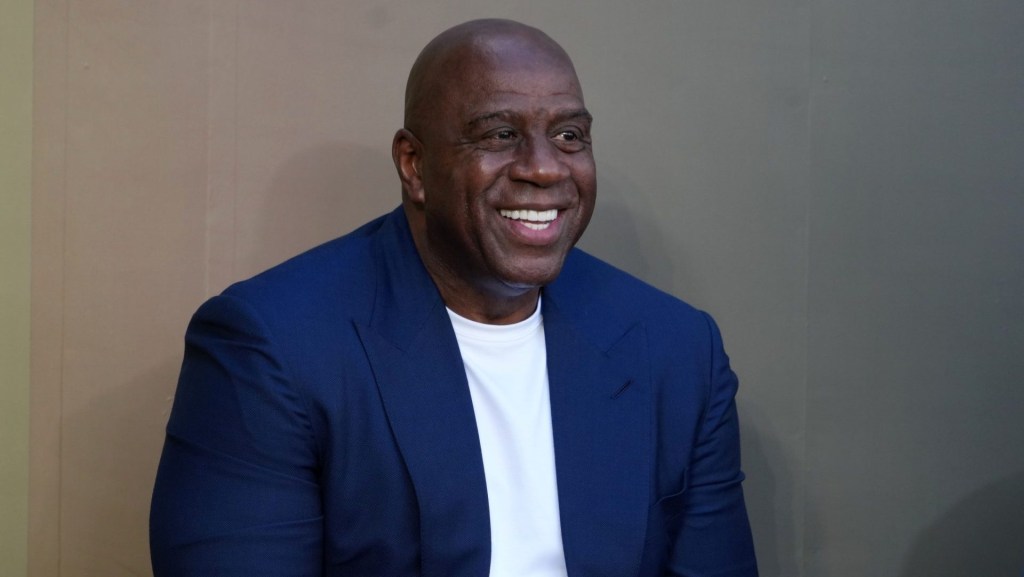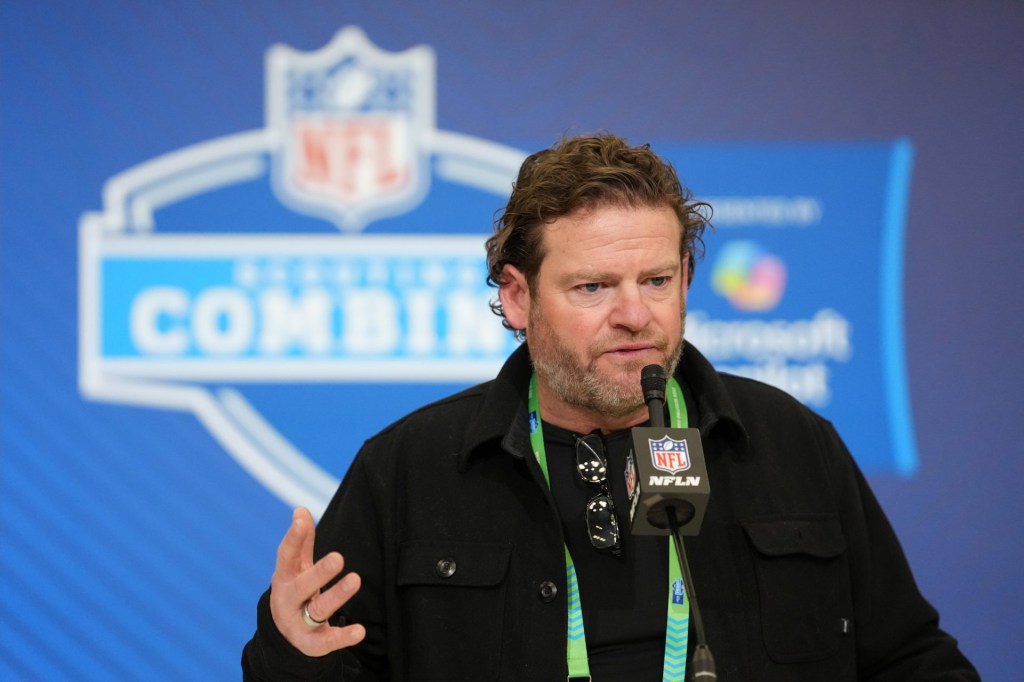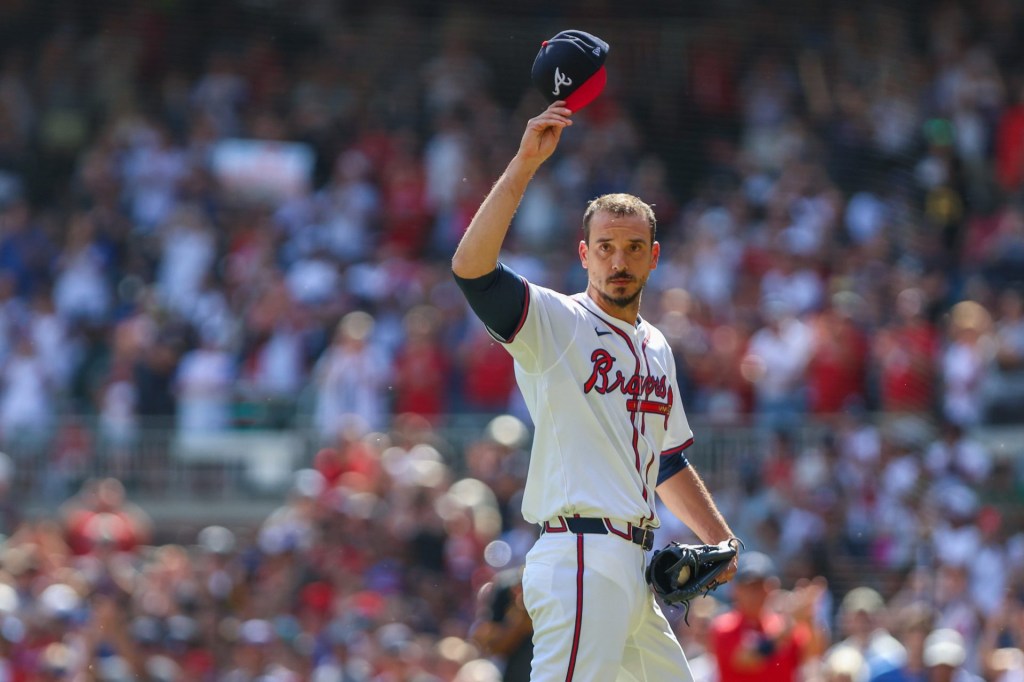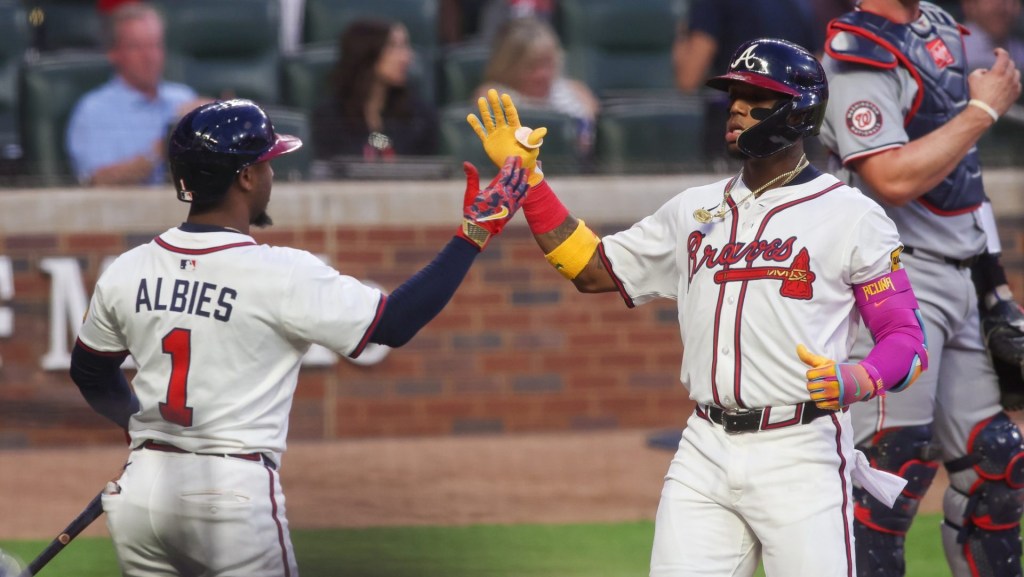Money can’t buy happiness, the age-old saying goes. And for some NBA teams, it couldn’t buy a win in the postseason, either.
The Timberwolves-Suns series was supposed to be a toss-up, at least according to most odds posted by sportsbooks ahead of the playoffs. But Minnesota swept Phoenix in four games, concluding with a 122–116 win Sunday, sending home the franchise paying the league’s third-highest estimated luxury-tax bill this season, $68.65 million, according to Spotrac.
Combined with the Suns’ $191.44 million payroll to compensate stars Kevin Durant, Bradley Beal, and Devin Booker, team owner Mat Ishbia is shelling out a little more than $260 million for his club’s first-round exit. The Timberwolves, for comparison, have the NBA’s 12th-highest payroll at roughly $164 million, just under the tax threshold of $165.29 million.
Less Is More?
The Warriors will pay the most luxury tax this season, owing an estimated $176.88 million on top of a league-high $205.57 million payroll. But even with all that spending, Golden State was knocked out of the NBA play-in tournament by the Kings, who put together a roster with a payroll of roughly $150 million, 22nd in the league.
Coming in second in payroll ($200 million) and luxury tax ($142.4 million) were the Clippers, who are tied 2–2 with the Mavericks in their opening-round series. The Bucks, coming in fourth with a luxury tax bill of $51.96 million, will look to avoid elimination Tuesday night against the Pacers. Neither Dallas nor Indiana is paying a luxury tax.
Season of Giving
In total, the NBA’s eight teams over the luxury tax threshold this season will pay $525 million, and nearly half of it will be coming from teams without a postseason win. According to the league’s collective bargaining agreement, 50% of that total tax figure could be sent in equal payments to the 22 nontax teams, and the other half could be used for other league purposes such as more revenue sharing. The Celtics ($39.75 million), Nuggets ($22.74 million), Heat ($15.25 million), and Lakers ($7.04 million) round out the teams paying a luxury tax this year.







![[Subscription Customers Only] Jun 15, 2025; Seattle, Washington, USA; Botafogo owner John Textor inside the stadium before the match during a group stage match of the 2025 FIFA Club World Cup at Lumen Field.](https://frontofficesports.com/wp-content/uploads/2026/02/USATSI_26465842_168416386_lowres-scaled.jpg?quality=100&w=1024)
![[Subscription Customers Only] Jul 13, 2025; East Rutherford, New Jersey, USA; Chelsea FC midfielder Cole Palmer (10) celebrates winning the final of the 2025 FIFA Club World Cup at MetLife Stadium](https://frontofficesports.com/wp-content/uploads/2026/02/USATSI_26636703-scaled-e1770932227605.jpg?quality=100&w=1024)


